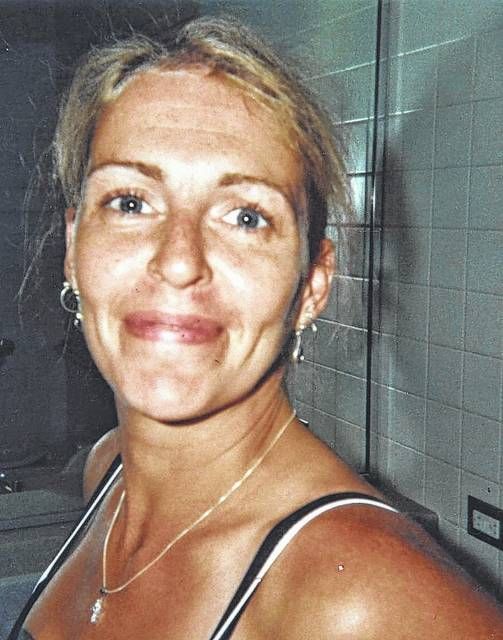Click here to subscribe today or Login.
In a lawsuit that may soon be settled, the estate of Tricia Cooper argues Luzerne County and its prior prison health care provider should have done more to prevent her July 2017 suicide inside the county prison in Wilkes-Barre.
Tara Cooper, representing her sister’s estate, filed the complaint in October 2018 against the county, its then-provider Correct Care Solutions and various employees of both.
Council is set to discuss the settlement in closed-door executive session Tuesday. The dollar amount won’t be released until council is convened for a vote on the settlement at a future meeting.
Tricia Cooper had a long history of substance abuse and mental health issues, according to the estate’s complaint in federal court. She committed suicide by hanging herself from the ladder of the bunk in her cell on July 25 and was pronounced brain dead in the hospital July 31, it said.
Upon her July 15, 2017, incarceration, she was placed on a standard suicide watch due to the severity of her detox from alcohol and opioids, it said, noting she was prescribed some medications to facilitate her detoxification.
“Despite informing defendants that she was on suboxone before her detention, she was never given any type of medical maintenance therapy, such as methadone or suboxone,” it said, stating she was in an “obviously fragile condition considering the severity of her detox from various opiates.”
The prison has a medical detoxification procedure for all drugs and alcohol, but methadone and other medication-assisted treatment for opioid use disorder is arranged only for pregnant inmates to protect the safety of unborn children, county officials have said.
Among the alleged July 2017 details provided in the complaint:
After a follow-up visit July 17, a report signed by a counselor recommended Cooper remain on standard suicide watch because she continued to “exhibit severe symptoms of detox” that altered her mood. Notes said she refused to answer whether she had any suicidal thoughts.
On July 20, following five days of detoxification, Cooper was discharged from suicide watch after denying having any suicidal thoughts or plans.
The complaint maintains both the follow-up report and suicide discharge reports were not electronically signed until hours after Cooper committed suicide.
The next day, on July 21, Cooper participated in an initial behavioral health psychiatric provider evaluation. The resulting report, signed by a physician’s assistant, said she had been off her medication regiment since incarceration.
Prior to her arrest, she was in psychiatric treatment at Community Counseling Services, where she had a case manager and was participating in medication management and therapy, including prescriptions of Lamictal, Prozac and Hydroxyzine. Following the July 21 in-prison evaluation, all three drugs were prescribed.
During the evaluation, Cooper denied having any suicidal or homicidal thoughts but noted she attempted suicide by overdose in 2008. She also cited feelings of depression and anxiety, occasional mood swings and poor sleep and appetite.
On July 24, the day before her suicide, Cooper was found lying on the floor in her cell, reportedly having fallen from the top bunk. The complaint maintains there was no investigation or inquiry about whether the fall may have been a suicide attempt, despite her recent suicide watch and past suicide attempt.
“At no point during her detention, prior to her hanging was Ms. Cooper ever treated, evaluated, or even seen by a psychiatrist or a psychologist,” it maintains.
The estate asserts the county correctional services division “knew or should have known the institutional deficiencies in the care and services they provided to the inmates.”
In its response, the county said it had a comprehensive agreement for health care services with co-defendant Correct Care Solutions and that the company was assigned to provide mental health care on site.
Cooper’s estate also asserted the county did not follow its rules regarding the monitoring of suicidal inmates suffering from behavioral health disorders or have proper policies and practices in place to ensure suicide risks were communicated to different units. The county disputed both claims in a subsequent filing.
County council voted in November to switch to a new prison health care provider — Pittsburgh-based Wexford Health Sources Inc. — for the next three years, starting Jan. 1 and at a cost of $2.8 million in 2020.
The cost for inmate health services rose because the county added increased mental health services and protocols and expanded staff and weekend coverage, in part to address concerns raised after the death of Cooper and three other female inmates from June 2017 to January 2018, officials have said. Three of these deaths were ruled suicides, and the fourth was deemed accidental.
Reach Jennifer Learn-Andes at 570-991-6388 or on Twitter @TLJenLearnAndes.





